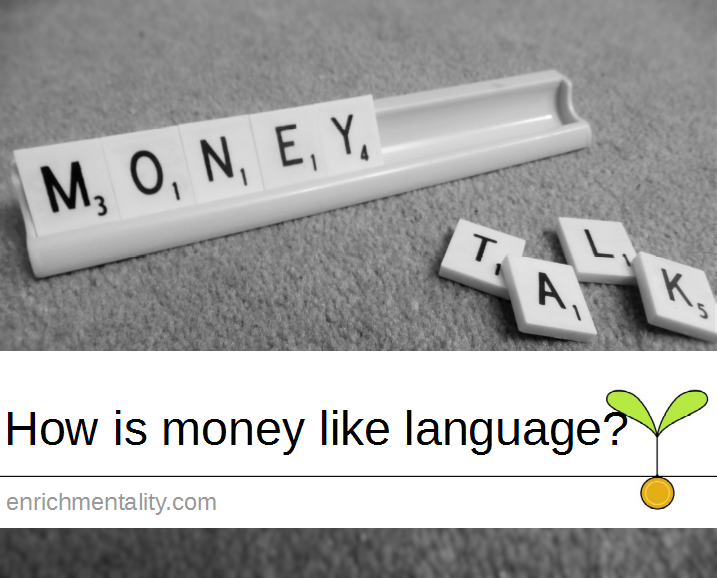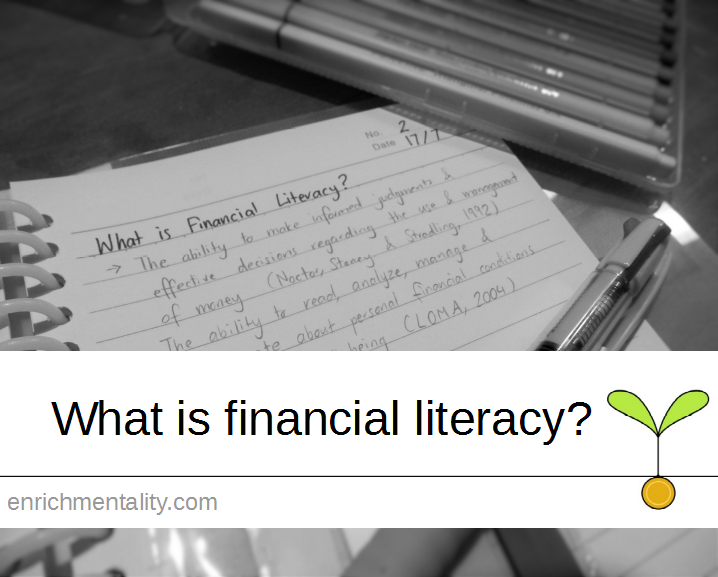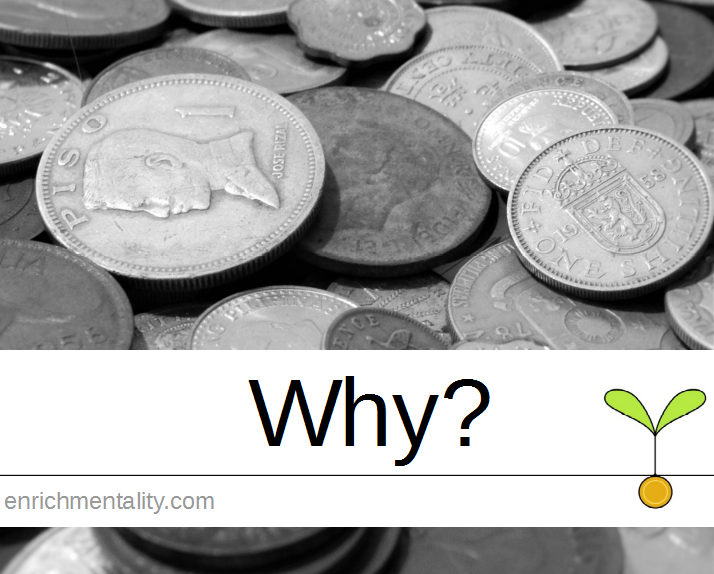Learning about finances, says Lanchester, author of How to Speak Money, is a bit like learning Chinese – ‘figuring out the meaning, word-by-word’. This, he says, is how he learned to ‘speak money’.
Many of the theories used to explain language acquisition, Furnham reports, have been used in conjunction with learning about money. (Including behaviourism and cognitivism).
Just as our mother tongue is learned primarily in the home, supplemented by formal lessons at school, many of our ideas about money are formed in our early years in the family.
Summarising studies of ‘money troubled’ adults, Furnham states that many of their troubles originate in ‘lessons’ learned as a child, with the family as the primary socialisation unit. ‘Teaching economic literacy, good money management and sensible saving and spending should be a parental priority, Furnham points out. He refers to Charles Collier’s notion of ‘financial parenting’ in the book Wealth in Families.







